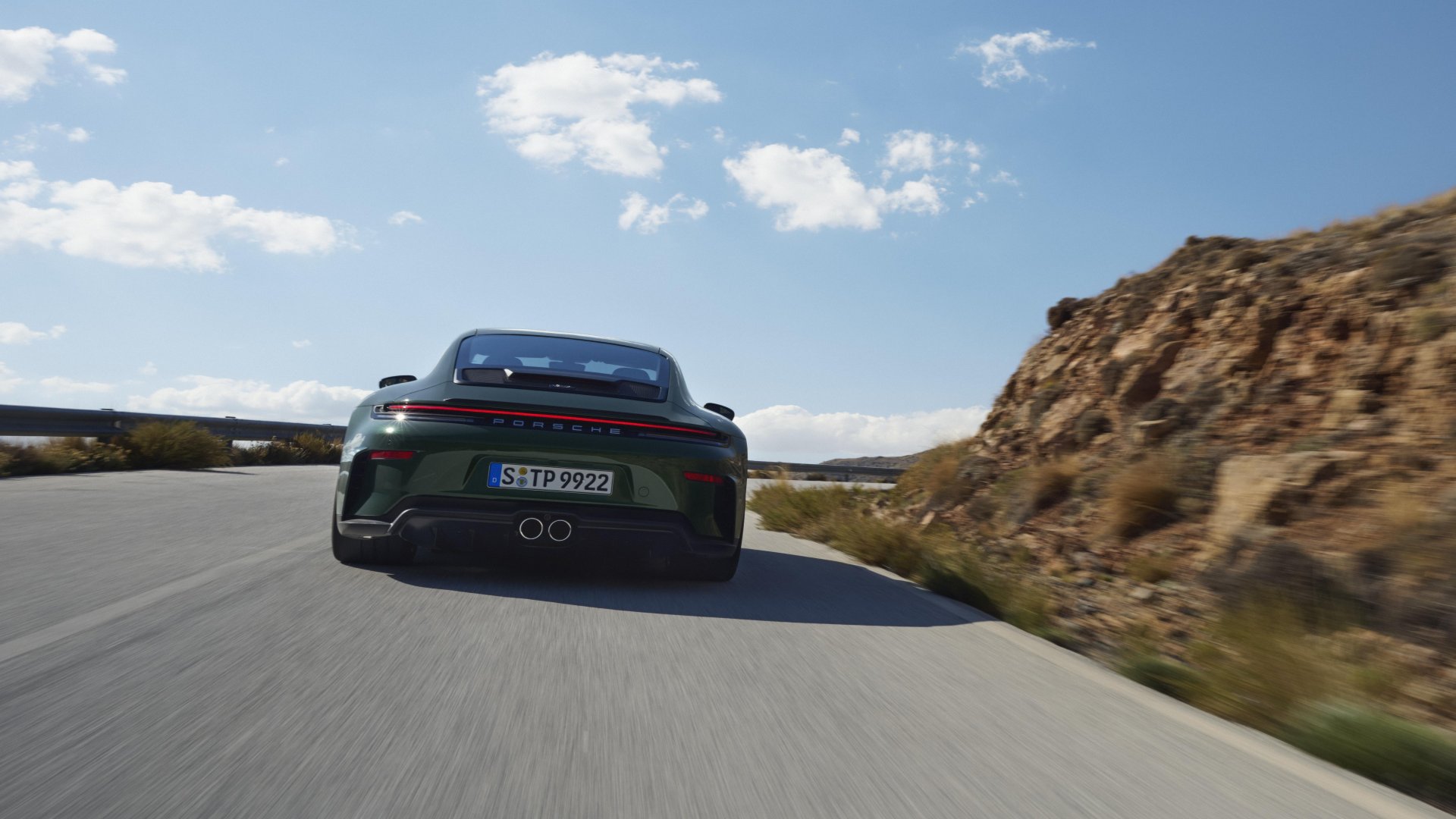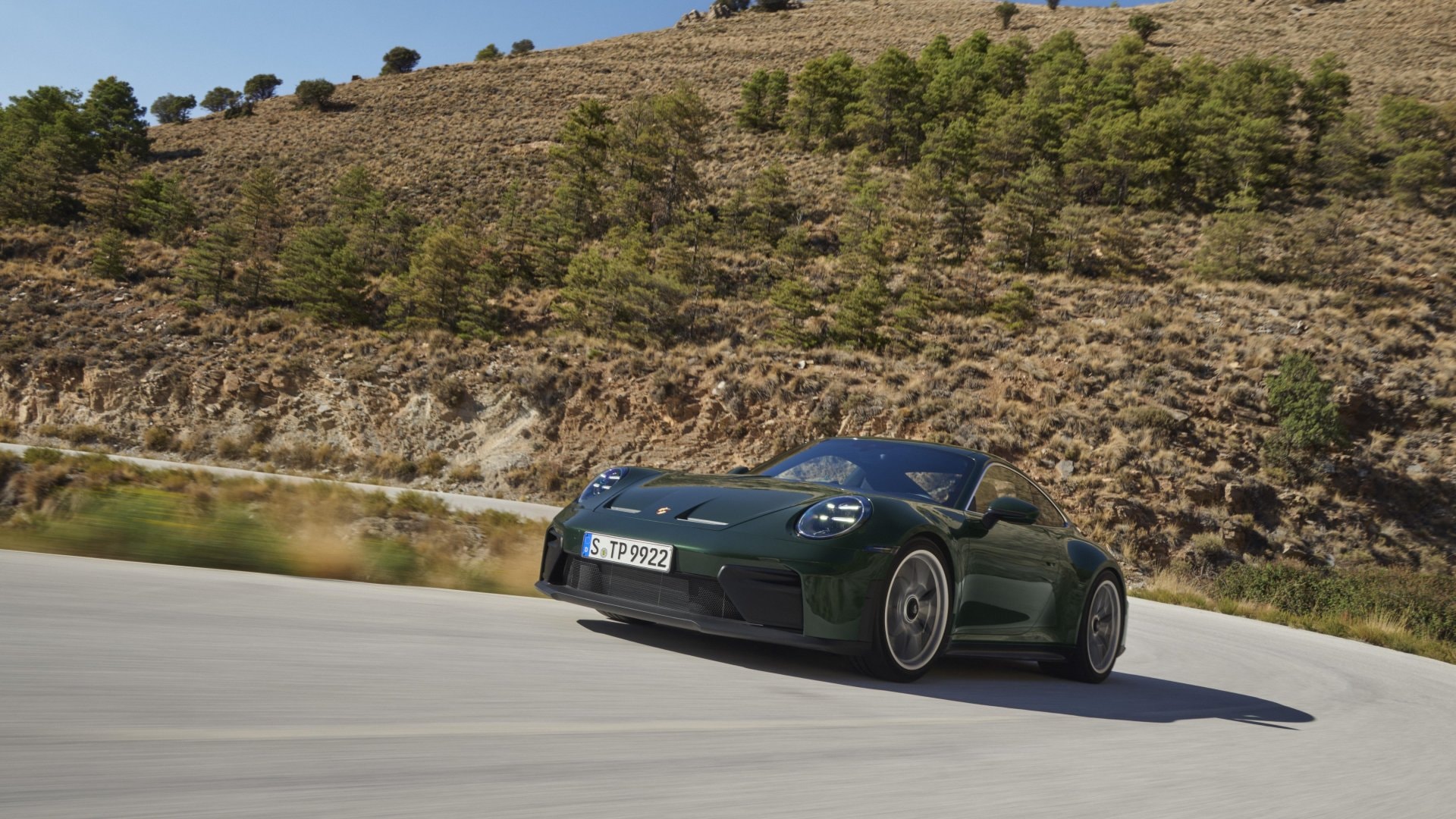The iconic Porsche 911 GT3, renowned for its high-revving naturally aspirated engine, faces an uncertain future due to the upcoming Euro 7 emissions regulations. To comply with these stringent standards, Porsche may have to electrify or turbocharge the GT3’s powertrain, potentially signaling the end of an era for the beloved naturally aspirated flat-six engine.
The current 4.0-liter engine, introduced in the 991.1-generation GT3 RS, has been progressively refined over the years, reaching its peak power output in the 992.1-generation GT3 RS.

While Porsche’s plans for the GT3’s future remain unclear, it’s evident that the brand will need to make significant changes to keep the iconic model alive in the face of increasingly strict emissions regulations.
The Porsche 911 GT3, a cornerstone of the sports car world, is poised for a significant change. While rumors suggest a hybrid future, a pure, naturally aspirated engine remains a beloved option.
The 4.0-liter flat-six, a legend in its own right, is likely to be phased out, leaving room for a new, more efficient, and potentially electrified powertrain.
This shift mirrors the industry’s trend toward hybridization, as seen in the Gordon Murray T.50’s 48-volt system and Lamborghini’s move to a twin-turbo V8 in the Temerario.

However, Porsche’s commitment to the pure driving experience suggests a hybrid setup that prioritizes performance over fuel efficiency.
This could involve a smaller, higher-revving engine paired with an electric motor, delivering exhilarating performance without compromising the 911’s iconic character.

